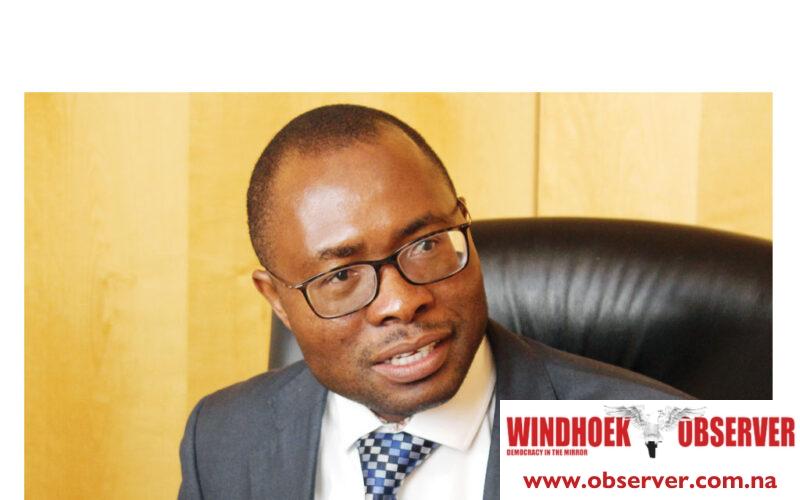Martin Endjala
Finance and Public Enterprise Minister, Iipumbu Shiimi, says if the government was to honour the wish of late President Hage Geingob to increase old age pension to N$3,000, then an additional N$5.2 billion would have had to be availed compared to the current allocated N$4.8 billion for the 2024/25 financial year
The plan would then have cost a total of N$10 billion.
Shiimi was responding to the budget contributions and concerns raised by members of Parliament this week.
He said the government fully recognises the dream of the late President for a significant increase in old age pension, however, government cannot afford to deliver this dream in one financial year.
Shiimi reassured Namibians that the state will continue to work towards the dream with gradual increases over time as resources permit.
“If this increase was to be effected it could have cost the government an additional N$5.2 billion to the current N$4.8 billion to total N$10.1 billion per year.
This is equivalent to the allocation made to the Ministry of Health and Social Service in the 2024/25 financial year and about 60 percent of the allocation to the Ministry of Basic Education and Culture in the same period,” he said.
Further stating that the deficit would have gone past the N$8.9 billion estimates, this increase could have raised the deficit to N$14.2 billion, which is equivalent to 5.1 percent of the Gross Domestic Product (GDP).
The social grant was increased from N$1 400 to N$1 600 when he tabled the 2024/25 national budget in Parliament last month.
The increase was received with mixed feelings as some pensioners said it was not enough, while certain sectors were very appreciative of the increase.
Shiimi also put to rest the concerns surrounding government debt, which some MPs questioned the allocation to the development budget in relation to total allocation and debt services.
Shiimi acknowledged the need to increase the development budget and its role in economic development.
Adding that this is the reason why the government has increased the development budget by some 58.1 percent to N$12.7 billion.
The idea is to continue with a gradual increase until they reach a desired level based on fund availability and the capacity of Offices, Ministries and Agencies (OMAs) to execute.
The MPs further suggested that the windfall of revenue as a result of economic performance and South African Customs Union (SACU) revenue should have been used in times of calamity, like drought or the next pandemic.
In response to this, shiimi indicated in his budget speech that a significant portion of the government debt portfolio is due for repayment over the Mid-Term Expenditure Framework (MTEF) including the US$750 million or some N$14.3 billion Eurobond which is due in 2025.
In this regard, the ministry will direct part of the increase in revenues towards the sinking fund for debt redemption purposes.
Shiimi believes that this is in line with the suggested approach by the MPs. In addition to this, the treasury has targeted about N$700 million for drought relief, amidst the looming severe drought this year, which he believes is a calamity like any other.




